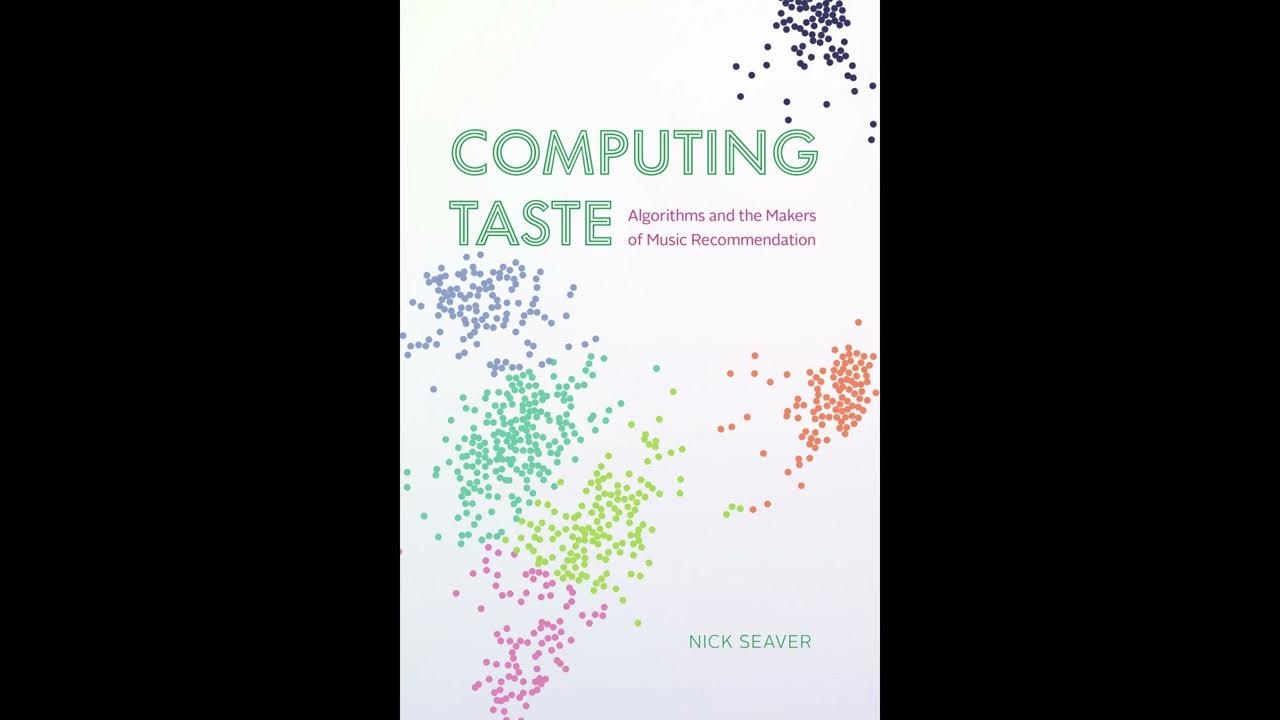Gen Z and the Attention Economy
Summary
TLDRThe video discusses the attention economy, focusing on Mr. Beast (Jimmy Donaldson) as a prime example of its dynamics. It explores the addictive nature of social media, particularly its impact on Generation Z's mental health and work ethic. While praising Mr. Beast's operational efficiency and innovative content creation, the video also critiques the overwhelming metrics-driven landscape he operates in. The discussion highlights the need for meaningful engagement over mere attention, stressing the consequences of prioritizing quantity over quality. Ultimately, it calls for a balance between creativity and the demands of an algorithmic world.
Takeaways
- 😀 The attention economy has transformed how content is created, with attention becoming a valuable currency.
- 📈 Creators like Mr. Beast exemplify a metrics-driven approach to content that prioritizes engagement over artistic expression.
- 🔍 The fight for viewers' attention mirrors broader economic strategies, resembling monetary policies like those of the Federal Reserve.
- 📊 While there are still creators making meaningful work, the pressure to conform to algorithmic standards often overshadows this.
- 💡 Mr. Beast's operational style represents a new generation of leaders who balance creativity with performance metrics.
- 🧠 The psychological manipulation involved in capturing attention raises ethical questions about content creation.
- ⚖️ There is a need for a conversation about the sustainability and mental health implications of the attention economy.
- 🤔 The absurdity of asking viewers to subscribe or share highlights the peculiar realities of digital content creation.
- 🌟 The hope is for a future where content creation prioritizes meaning alongside engagement.
- 🌐 Understanding these dynamics can lead to healthier interactions with technology and foster more meaningful digital engagement.
Q & A
What is the 'attention economy' discussed in the script?
-The attention economy refers to the value placed on capturing and holding people's attention, particularly in digital platforms. It has become one of the most valuable resources, as individuals and organizations compete for the limited time people are willing to spend on content.
How does the speaker describe Mr. Beast's approach to leadership?
-The speaker describes Mr. Beast as a leader representing Gen Z's approach, focusing heavily on metrics (such as views and likes) rather than deeper meaning or vision, which contrasts with leaders like Jeff Bezos and Steve Jobs who prioritized creating meaning alongside success.
What distinction does the speaker make between Mr. Beast and traditional business leaders?
-The key distinction is that while traditional leaders like Bezos and Jobs were driven by vision and meaning, Mr. Beast is more focused on metrics, particularly numbers that relate to attention and engagement on platforms.
What does the speaker mean by 'metrics versus meaning'?
-The phrase 'metrics versus meaning' refers to the tension between focusing on measurable success (such as views, likes, and shares) and creating something of deeper, lasting significance. The speaker suggests that while meaning still exists, the current environment favors metrics.
Why is the attention economy compared to monetary policy?
-The attention economy is compared to monetary policy because both influence people's behaviors and priorities. Just as the Federal Reserve's decisions impact economic conditions, the competition for attention shapes what content or ideas people focus on.
How does the speaker feel about the current state of the attention economy?
-The speaker expresses a sense of dissatisfaction with the current state, feeling that while attention is a driving force in today's world, it often leads to a focus on shallow or surface-level content instead of more meaningful or substantive creation.
What role does the algorithm play in the attention economy, according to the speaker?
-The algorithm plays a central role in the attention economy by determining what content gets visibility and engagement. It essentially controls the flow of attention, rewarding content that performs well in terms of views and engagement, often prioritizing sensational or easily digestible material.
What does the speaker hope for in the future of the attention economy?
-The speaker hopes for a future where the conversation around the attention economy shifts, possibly moving away from an overemphasis on metrics and toward a focus on meaningful creation and substance.
Why does the speaker acknowledge the irony in asking for likes, shares, and subscriptions?
-The speaker acknowledges the irony because, despite criticizing the attention economy, they still ask viewers to engage with the content through likes, shares, and subscriptions, highlighting the paradox of the current environment where even criticism is tied to metrics.
What does the speaker suggest about the relationship between attention and risk?
-The speaker suggests that the pursuit of attention comes with a high level of risk. As individuals and creators fight for attention, there is a balancing act between the rewards (visibility, success) and the potential consequences (shallow or unsustainable content creation).
Outlines

Этот раздел доступен только подписчикам платных тарифов. Пожалуйста, перейдите на платный тариф для доступа.
Перейти на платный тарифMindmap

Этот раздел доступен только подписчикам платных тарифов. Пожалуйста, перейдите на платный тариф для доступа.
Перейти на платный тарифKeywords

Этот раздел доступен только подписчикам платных тарифов. Пожалуйста, перейдите на платный тариф для доступа.
Перейти на платный тарифHighlights

Этот раздел доступен только подписчикам платных тарифов. Пожалуйста, перейдите на платный тариф для доступа.
Перейти на платный тарифTranscripts

Этот раздел доступен только подписчикам платных тарифов. Пожалуйста, перейдите на платный тариф для доступа.
Перейти на платный тарифПосмотреть больше похожих видео

Macro: Unit 1.1 -- The Business Cycle

Nick Seaver discussing his book, Computing Taste: Algorithms and the Makers of Music Recommendation

GCSE Economics: Determinants of Economic Growth

Neoliberal Policies, Globalization, & Trade [AP Human Geography Unit 7 Topic 6]

PENGENALAN KONSENTRAASI MONETER

Why Did Fed Crash Markets Today? ‘Something Is Going To Break’ | Komal Sri-Kumar
5.0 / 5 (0 votes)
